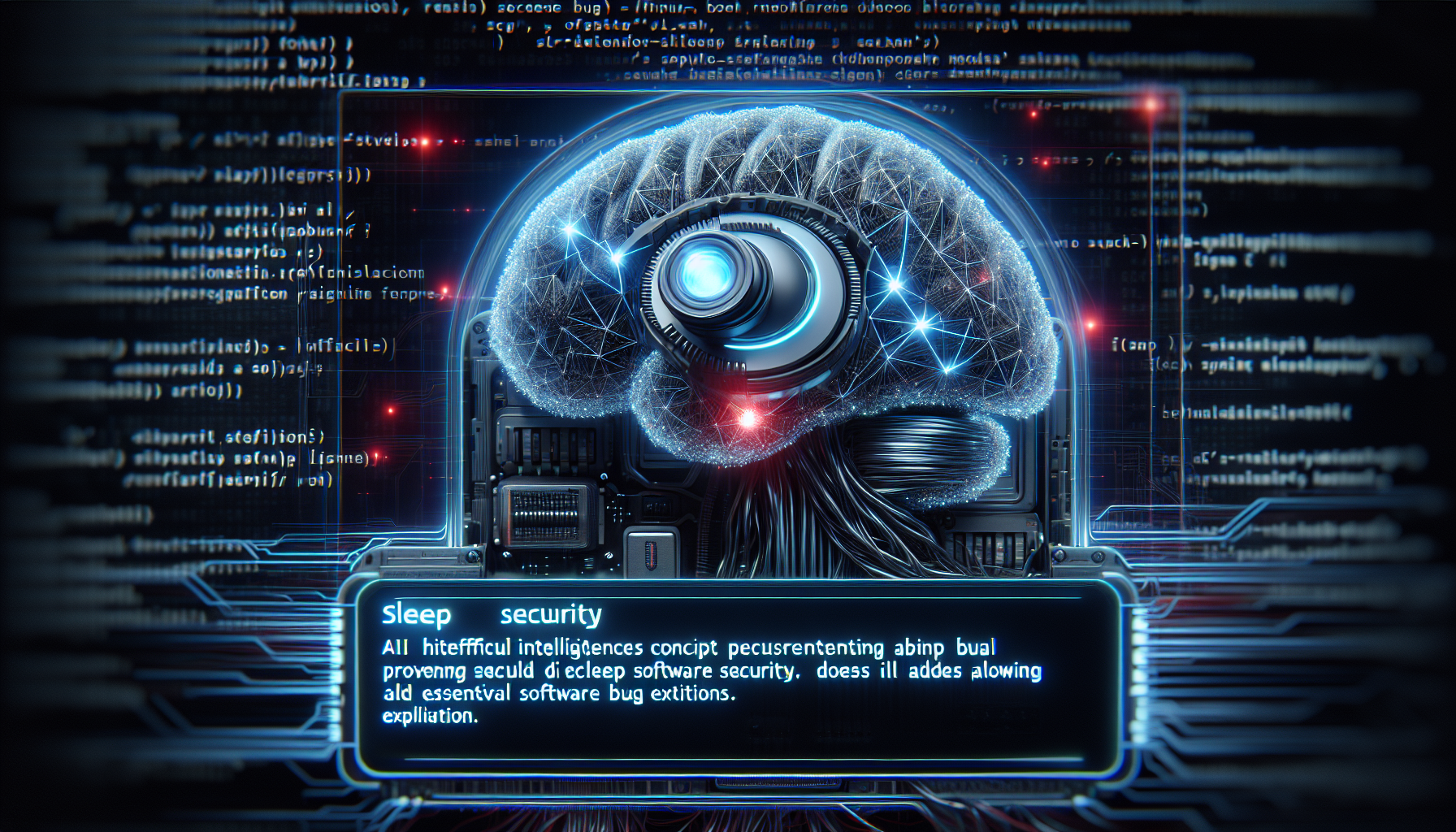Google’s Innovative Sleep Security AI Prevents Bug Exploitation
We independently review everything we recommend. When you buy through our links, we may earn a commission which is paid directly to our Australia-based writers, editors, and support staff. Thank you for your support!

Quick Overview
- Google’s Big Sleep AI identified a severe SQLite vulnerability before it could be exploited.
- The flaw, designated as CVE-2025-6965, had the potential to cause memory corruption.
- Developed by Google’s Project Zero and DeepMind AI teams, Big Sleep represents a technological leap.
- Google is advancing its AI capabilities with the Sec-Gemini AI model and the Timesketch platform.
- Insights from the Secure AI Framework (SAIF) will be shared with the Coalition for Secure AI (CoSAI).
Significance of Google’s Big Sleep AI
Google has made remarkable advancements in cybersecurity through its Big Sleep AI, which has effectively pinpointed a critical security issue within the SQLite relational database management system. The vulnerability, identified as CVE-2025-6965, posed a considerable risk due to its potential to cause memory corruption. Google’s AI acted swiftly before malicious entities could take advantage of the flaw, marking a pivotal moment in AI-based cybersecurity interventions.

Creation of Big Sleep
Introduced through a partnership between Google’s Project Zero and its DeepMind AI division, Big Sleep was unveiled in November of the previous year. This AI system was precisely engineered to unearth vulnerabilities that conventional techniques like fuzzing might overlook. Its capacity to recognize and eliminate threats before they emerge establishes a new benchmark in proactive cybersecurity.

Sec-Gemini and Upcoming Innovations
Google’s dedication to AI progress continues with the launch of Sec-Gemini version 1, an AI model trained using data from security provider Mandiant. This model enhances the Timesketch platform, now integrated with agentic features to further improve security protocols. Showcases of these technologies are set to occur at the Black Hat USA security conference in Las Vegas.
Collaborative Initiatives and Data Exchange
To strengthen worldwide cybersecurity initiatives, Google has declared its plan to share insights from its Secure AI Framework (SAIF) with the Coalition for Secure AI (CoSAI). This effort aims to reinforce AI, defensive measures, and software supply chain security initiatives, highlighting Google’s commitment to joint cybersecurity enhancements.
Conclusion
The application of AI in cybersecurity has reached a notable achievement with the Big Sleep AI agent. By identifying vulnerabilities before they can be exploited, Google is setting a new standard in proactive cybersecurity practices. The development of Sec-Gemini and cooperation with CoSAI further emphasizes Google’s pledge to improving global security measures.
